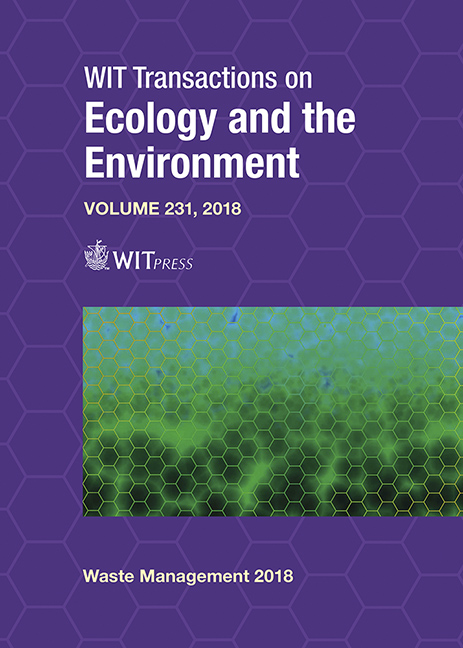ENVIRONMENTAL IMPACT FOLLOW UP: A CASE STUDY OF SEVERAL CONSTRUCTION PROJECTS IN VARIOUS UNIVERSITY CAMPUSES
Price
Free (open access)
Transaction
Volume
231
Pages
13
Page Range
21 - 33
Published
2019
Paper DOI
10.2495/WM180031
Copyright
WIT Press
Author(s)
JOSE MORA BARRANTES, GILBERTO PIEDRA-MARIN, JOSE SIBAJA BRENES, MARIO CORDERO
Abstract
Construction projects have become a driving force for the worldwide economy, with significant impacts on energy consumption, environmental emissions, and social issues. Building constructions and operations have massive, direct and indirect effects on the fragile surroundings. Such adverse impacts include resource depletion, biological diversity losses, landfill problems, decreased productivity, adverse human health, global warming, acid rain, and smog, among others. As a result, many constructors look forward to controlling the adverse impacts of their activities by adopting environmental management systems. Environmental impact assessments (EIAs) are primary instruments for development planning as well as decision making. In a previous work, we carried out the EIAs of seventeen construction projects, to be built in various university campus of Universidad Nacional, Costa Rica. In this work we focused on assessing the significant environmental aspects (SEAs) of eight construction projects, which were completed during 2016–2017, and also on performing social and environmental procedures as a follow-up of the most significant environmental impacts of these eight construction projects. Also, eight procedures related with social and environmental issues were developed in order to perform a follow-up of the most important SEAs identified in our previous work. They were identified thirty three environmental aspects, with 22 of them being classified as significant. The average compliance of the social and environmental procedures for the eight construction projects were in the 77–92% range, which suggested that these the social and environmental procedures they must be integrated into one general evaluation protocol for assessing every single construction project to be developed.
Keywords
Costa Rica, university, environmental aspect, impact assessment, building, construction, social and environmental procedures, checklists





